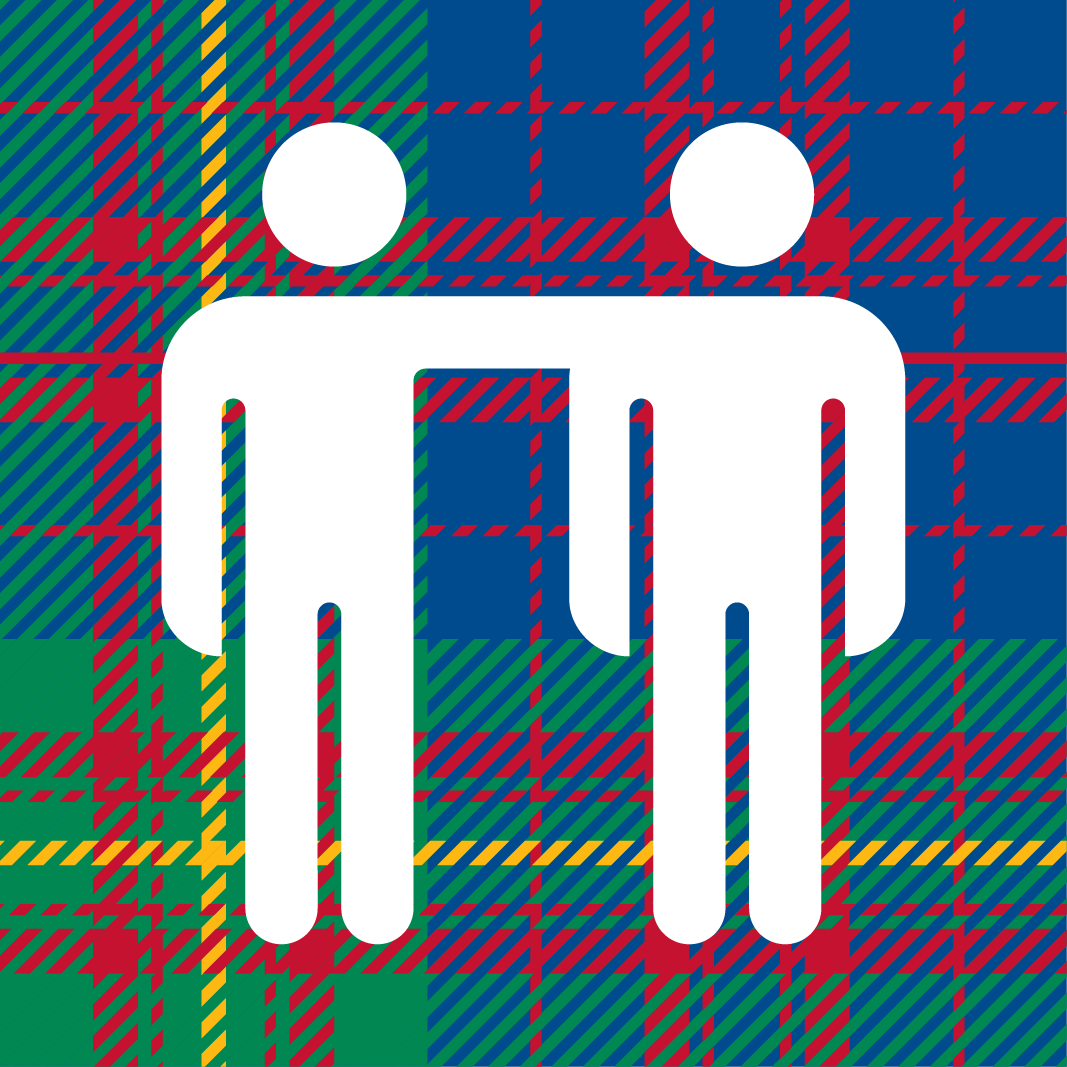In the simplest kind of speech, we say things to convey our beliefs about the world, and people interpret those statements as beliefs about the world. But that’s not the only way speech can be used an interpreted. Let’s call this kind of speech “Level 1”, using the nomenclature discussed here.
At level 2, we say things based on the behavior we predict the statements will have on others, and at level 2 interpretation, people interpret statements based on their predicted effects. For instance, a person might say “I think polution is a big problem” because they want environmental cleanup efforts to occur, and someone might respond “You’re wrong, pollution is not a big problem” because they don’t want such efforts to occur. An observer who is interpreting the conversation on level 1 might be pretty confused, because they might interpret the interchange as a level disagreement about the facts, when the real disagreement is over the implicit response to the facts.
At level 3, group association begins to enter the mix as well. A person might say “Kale is delicious” to signal their membership in the group of health-conscious people with refined tastes, while someone else might say “No one actually likes kale” to signal their membership in the group of non-pretentious people who are down-to-earth and traditional. Again, a level 1 observer might misinterpret this as a dispute over a specific fact (does the first speaker enjoy eating Kale), when neither of the participants really cares about that question.
Finally, and most confusingly, at level 4 statements are just arbitrary pawns in a struggle for power and status. For instance, a person might say “By leveraging the flexibility of the data lake, we can cross-synergize our offerings”, hoping that listeners will be more positively inclined towards them as a result of their implied business acumen. At this level, the specific content of the statement has become irrelevant - only the effects on the listener are relevant. A level 1 observer trying to interpret the statement will get basically nowhere.
In addition to making statements with goals at one of these levels, a listener can also interpret statements at these levels. If a level 1 speaker says “Books can contain interesting content”, a level 2 listener might interpret this advocating for everyone to read more books, a level 3 listener as signalling membership in the bookish crowd, and a level 4 listener as trying to signal bookishness for personal benefit.
Finally, it’s important to realize that speech often functions on multiple levels at the same time. Moreover, there are lively far more levels that speech can function on than I’ve listed here.
What goals do you have when you speak? What goals do you read into the speech of others? Are certain goals beneficial or harmful to a well-functioning discourse? How can you recognize when you or your listener has misinterpreted the goal of your speech? How can you correct this problem when it arises? Are there certain contexts that bring out different goals in speech or interpretations of speech?
